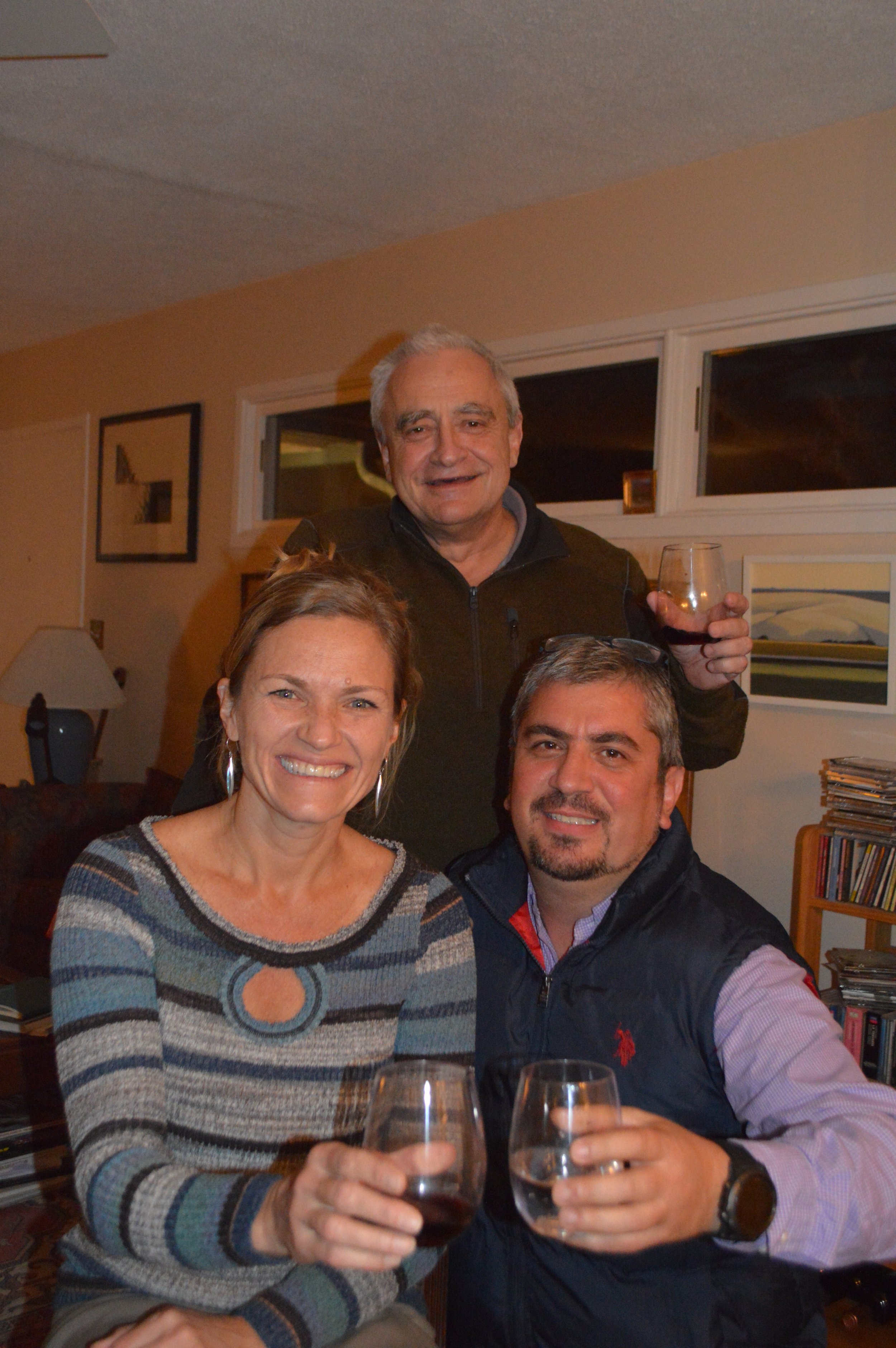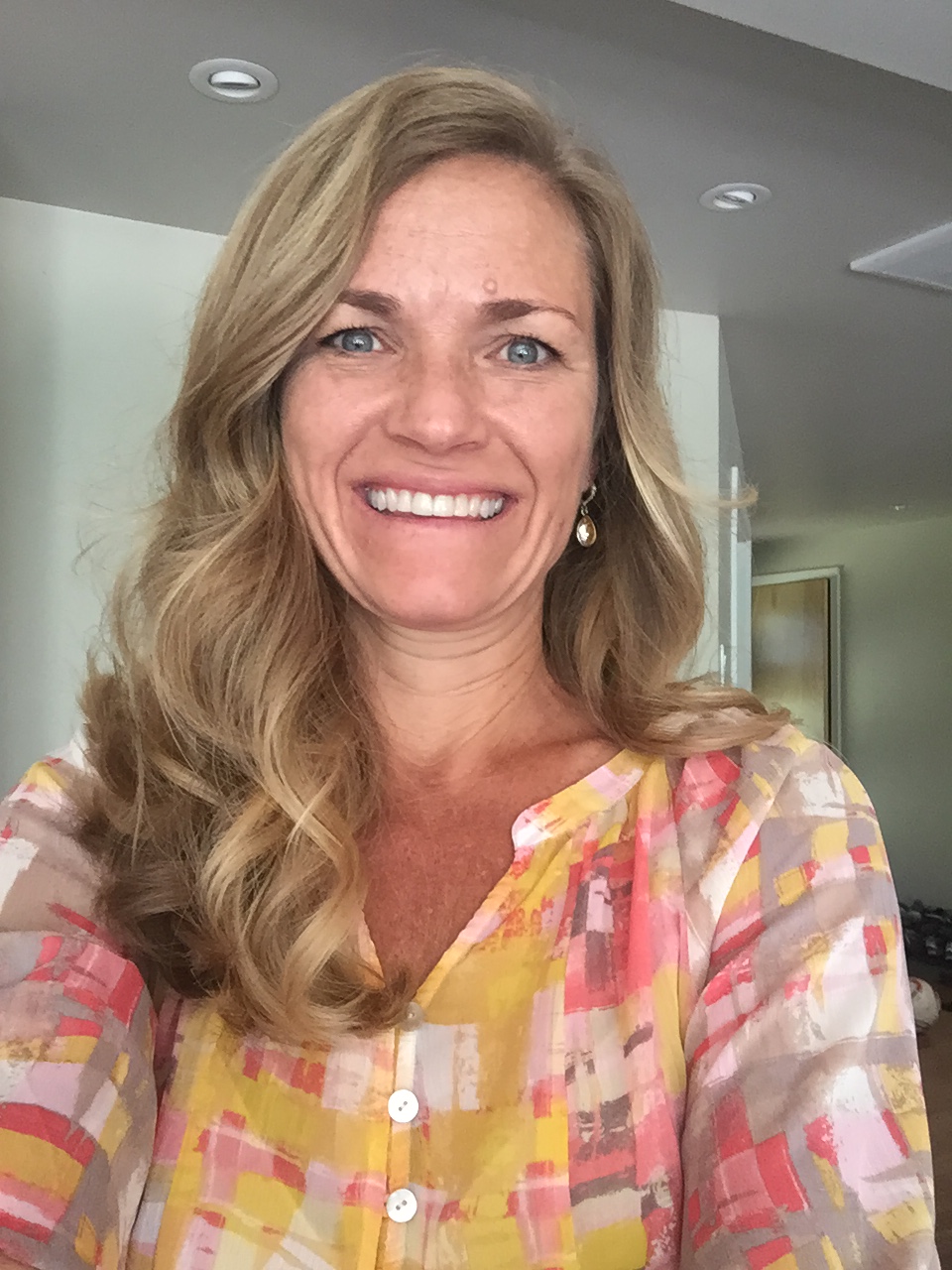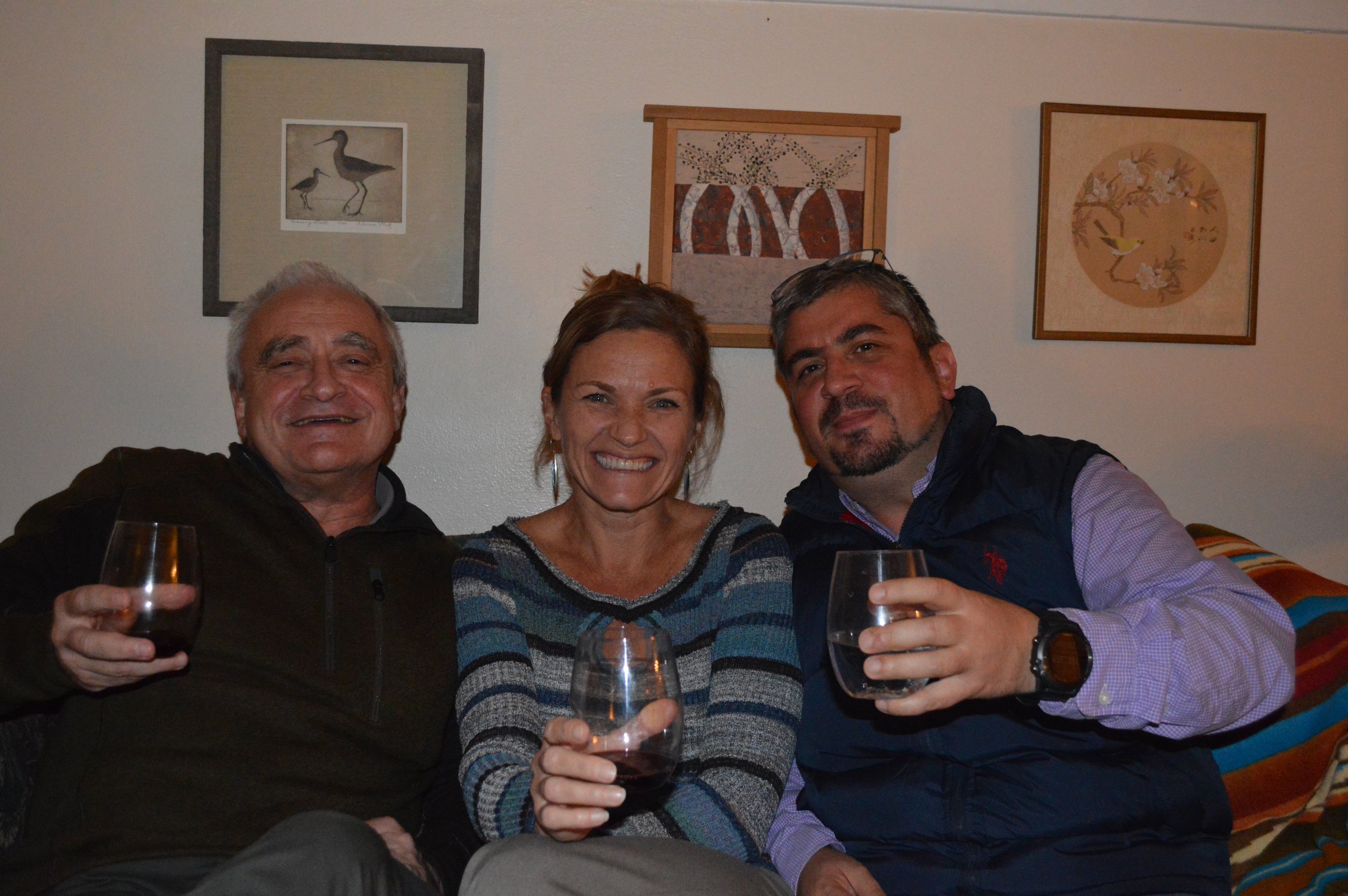Razvan Andonie, Anne Johansen, and Szilard Vajda
Can a computer be taught to assess wine quality as effectively as a professional human taster? This is a question that Central Washington University (CWU) professors Anne Johansen, Razvan Andonie, Szilard Vajda, Holly Pinkart, and Amy Mumma set out to answer in their study “Cost Efficient Prediction of Cabernet Sauvignon Wine Quality” to be published soon in the International Symposium Series on Computational Intelligence. Renown taster and former Director of CWU’s Global Wine Studies program Amy Mumma tasted and scored on a scale from 1 (least faulty) to 6 (most faulty) 180 wine samples that included 3 bottles of 60 different Washington Cabernet Sauvignon wines. Thirty biochemical features were tested in a lab for the same wines, and age and region were added to the dataset.
As Anne (chemistry), Razvan (computer science), and Szilard (computer science) explain in this interview, the data for the 32 features were related to Amy’s ratings to come up with a computer program that can take data about a given wine and assess its quality on a scale from 1 to 6 with 60 to 70% accuracy. Listen here to find out which 5 features are most cost effective ($25) to use in order to achieve at least 60% accuracy in assessing quality. This study of wine quality is unique because of its large dataset, use of Washington wines, and goal of cost minimization.
Listen to the Interview:




